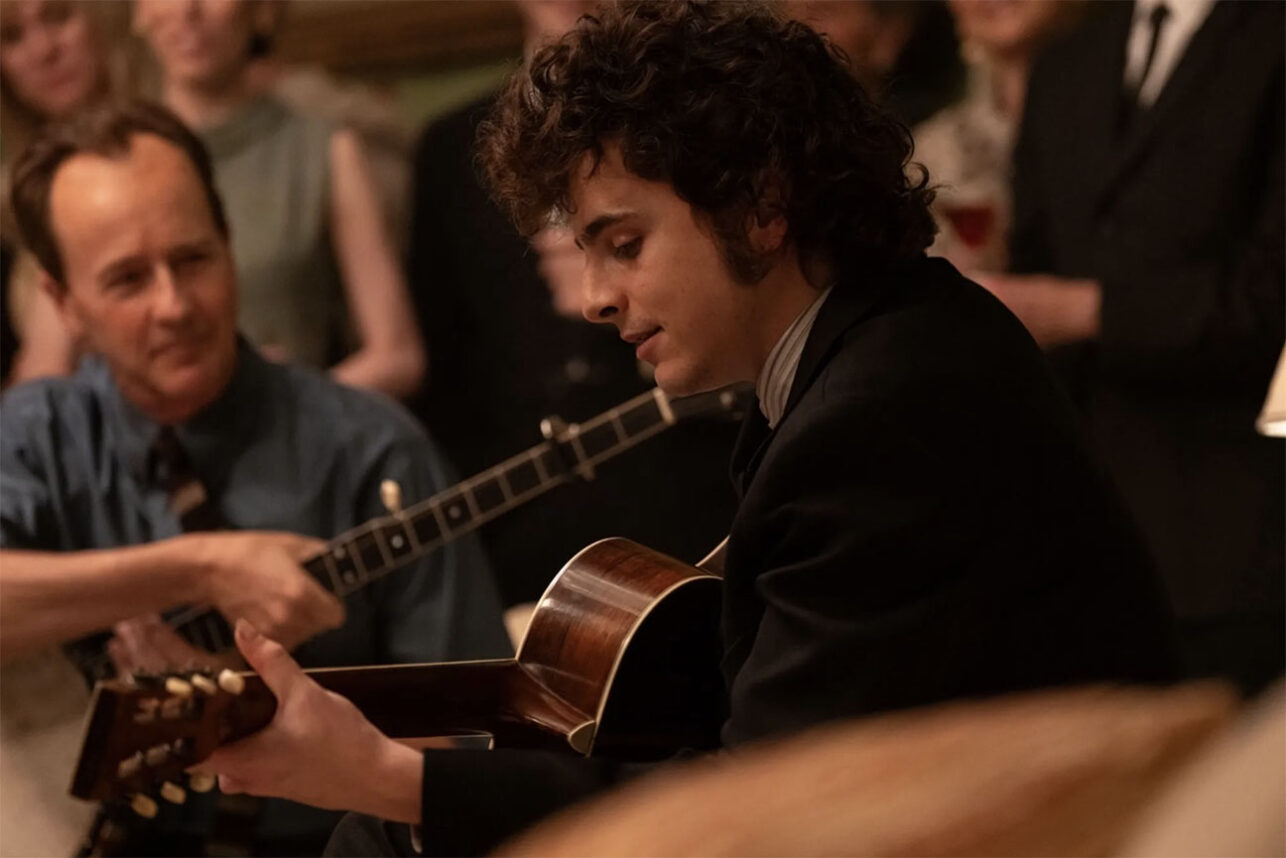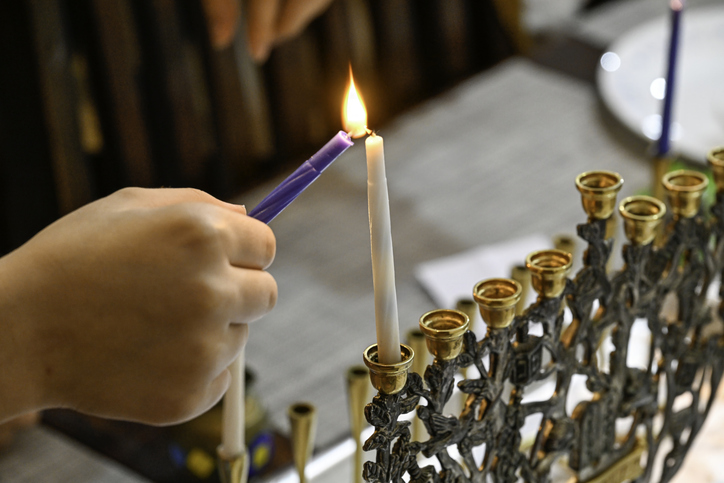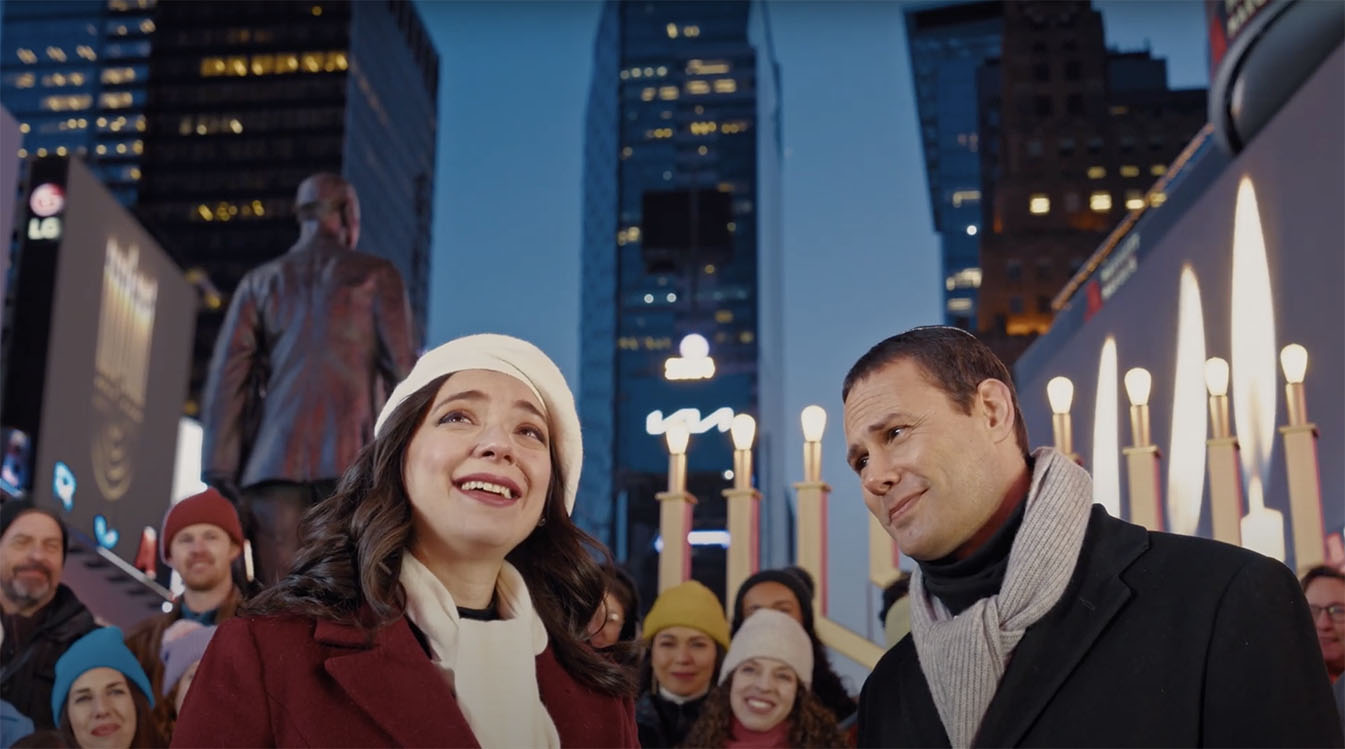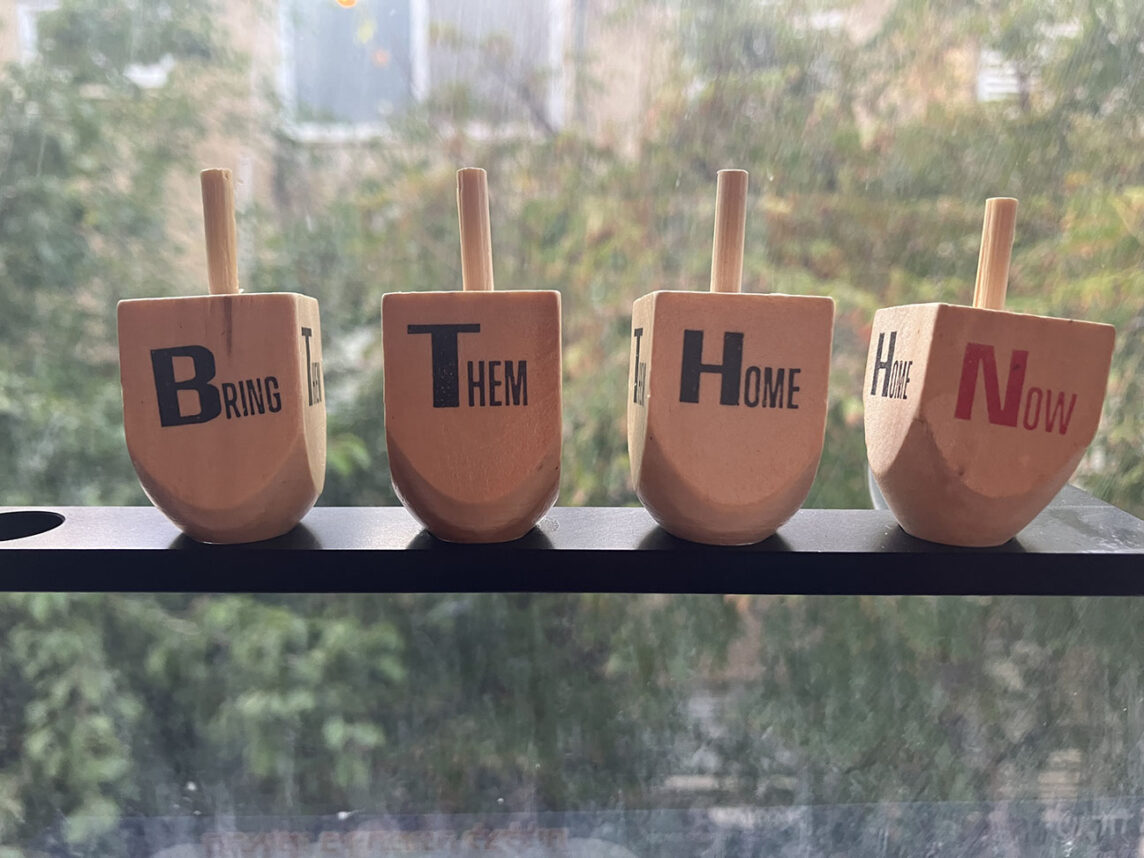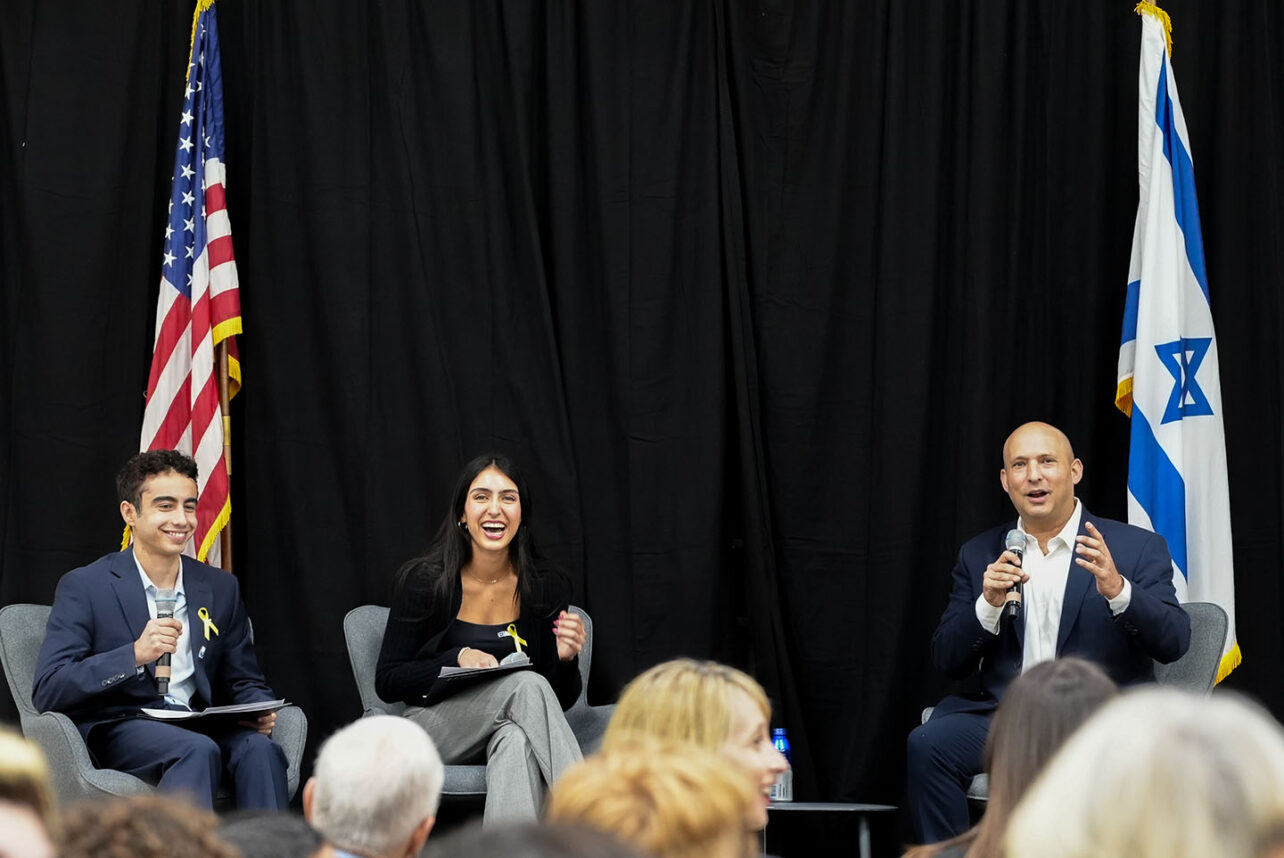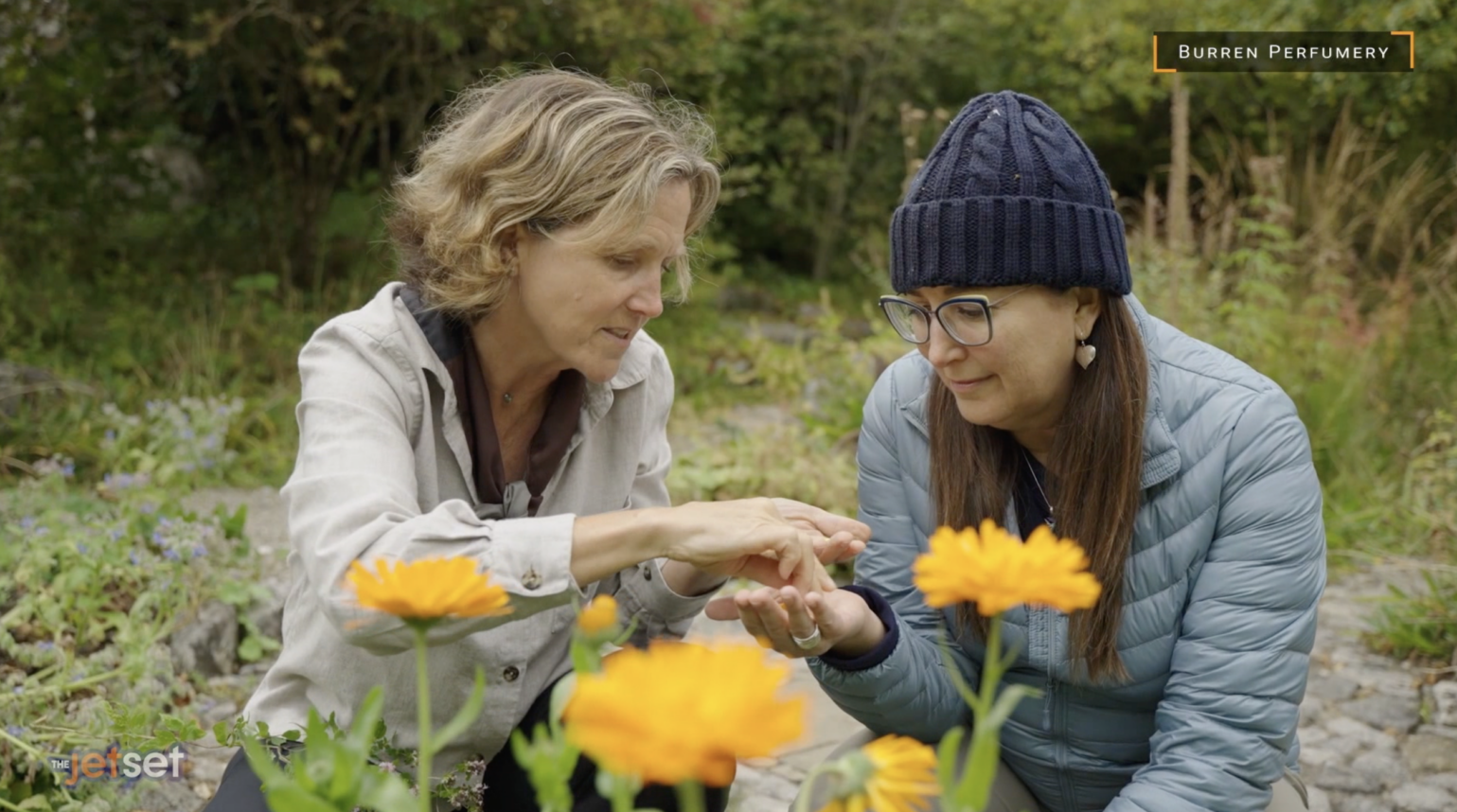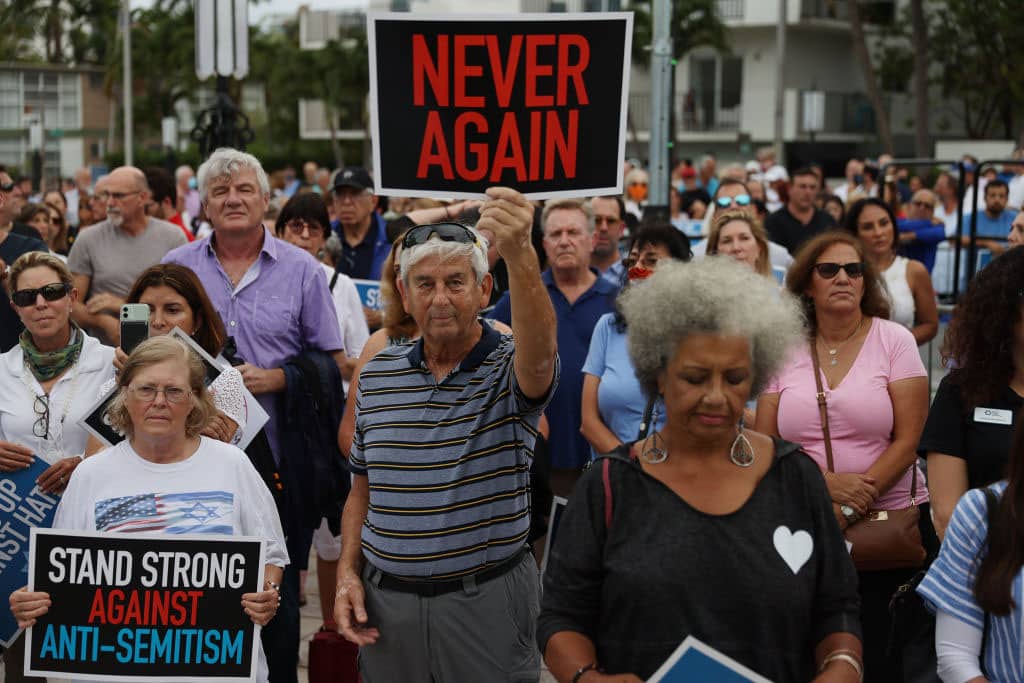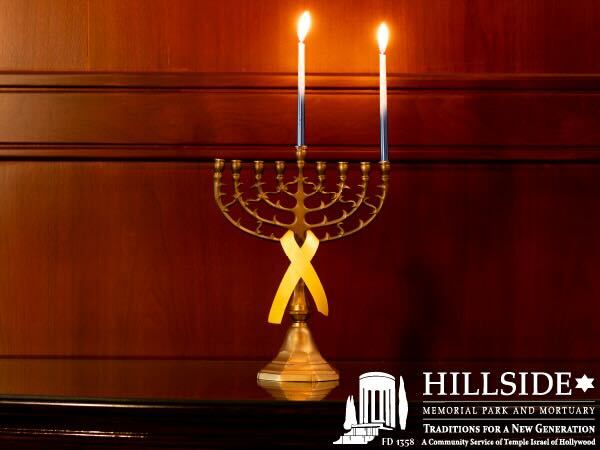It’s 8 p.m. on Friday and a large crowd has gathered in front of Congregation Ohab Zedek (O.Z.) on Manhattan’s Upper West Side. Blue police barricades have been set up to keep more than 500 20- and 30-something congregants from blocking the street. The wooden barriers are mostly ignored. There is little room for cars to pass.
It’s not a special Jewish holiday, it’s simply another Friday night at O.Z. where hundreds of Orthodox Jewish singles have come from around the world — to pray, to socialize, and all (whether they admit it easily or begrudgingly) to find a spouse.
The Upper West Side, stretching roughly from the upper 70s to the lower 100s and from Central Park West to Riverside Park, is known in the religious Jewish world as the place for Orthodox singles to live in the years between college and marriage. More than 60,000 Jews live there. Outside of Israel itself, it is the Jewish community for young singles.
"Growing up, you just know that that’s where you go," said Jennifer Cohen (all names of singles have been changed), a 26-year-old Los Angeles native. Cohen moved to the Upper West Side 18 months ago. Raised in a modern Orthodox home, Cohen received her degree from Boston’s predominantly Jewish Brandeis University, worked as a project manager in Los Angeles for a few years and then made the pilgrimage to Manhattan. "I came to New York because I knew that if I stayed in L.A., the chances of my meeting a suitable Jewish husband were very slim," Cohen said.
Cohen has not yet found her husband, but is open to the possibilities New York presents. Like many Jews in New York and around the world, she has registered on JDate.com, a Web site for Jewish singles. Cohen has met and dated a number of men through the service.
There have always been large numbers of Jews in New York. However, according to Sol Zalcgendler, executive director of O.Z., large numbers of young Jews started moving to the Upper West Side around 1988 because the rental market changed, making housing more affordable to young people
Recent college graduates moved to Columbus Avenue as they started their first jobs, Zalcgendler explained. At that time, two large apartment buildings, the Westmont and the Key West, had a number of vacancies available. Located adjacent to each other on the western corners of West 97th Street and Columbus, the buildings are in the neighborhood of a number of synagogues including Kehilat Orach Elizeer and the Lincoln Square Synagogue, as well as O.Z, which is less than two blocks away.
Today, the two apartment complexes are known as "dormitories" for religious Jewish singles. Most doors in the building have mezuzahs affixed to them, making it easy for residents and nonresidents alike to determine who is observant. Saturday afternoon, a crowd of suit- and kippah-wearing young men and well-dressed young women are known to socialize in the lobby or in front of the building.
Though most prefer not to say they came to New York to date, a majority of the single, religious Jewish men and women will admit they came to Manhattan for "the community." Twenty-seven-year-old Leah Silverstein from Philadelphia defined "the community" as men and women in their 20s and 30s who keep kosher and are shomer Shabbat.
"There just isn’t anywhere else to go," Silverstein said, meaning that there isn’t anywhere else to go for singles.
Silverstein is currently dating a 31-year-old man from Boro Park. The couple have been dating on and off for over a year. He brings her flowers on Shabbat and the two meet for dates frequently each week. Following Orthodox custom, the two are shomer negiah, which means they follow the law forbidding unmarried men and women from touching one another. Silverstein will not discuss how strict the two have been (some couples only refrain from intercourse), nor whether they have ever kissed, but Silverstein’s roommate said she had never seen them touch.
Not all Jews on the Upper West Side who consider themselves Orthodox will practice the laws of negiah. Many admit to kissing and "fooling around" and, without disclosing names, some tell stories of the "Tefillin Date," where religious men bring their tefillin on dates because they will be sleeping over.
After marriage, most couples leave the Upper West Side and Manhattan altogether.
"I would never raise kids here," said Josh Hirsch, a computer specialist originally from Pittsburgh. Hirsch moved to Manhattan a couple of years ago. While he said he did not move to New York to date, he admits it is a factor for many.
"Honestly, let’s face it, if someone wants to get married nowadays, it’s better to be where there is a high concentration of people from which to pick," Hirsch said.
"Judaism is a community-based religion," he added. "For a 25-year-old, New York is a great place to be." But the city is not a place for children, he said. "It’s gritty, dirty, just not comfortable. There’s no grass or backyards." After he marries, he hopes to buy a home in the suburbs.
Hirsch echoes the sentiment of most Upper West Side Jewish singles. They come from far and wide but they hope the duration of their stay will be short.
If marriage and subsequent flight is the goal, 26-year-old Rebecca Gold is one success story. Gold, originally from Los Angeles, first came to New York to attend Stern College, a women’s school under the auspices of Yeshiva University. After college, she moved to the Upper West Side because "everyone comes here."
Gold met her fiancé through friends on a "set up." Andrew, who will only go by his first name, lives in the Key West but is originally from Teaneck, N.J. On their first date, they went to Abigail’s, a kosher restaurant and popular dating destination in the Orthodox world. They dated for 12 months, with a three-month break-up in the middle. After the two married in November they planned to leave Manhattan for an apartment in Riverdale, a Bronx suburb with a large community of Orthodox Jewish families.
Although Gold found her husband on the Upper West Side, she warned against singles moving to New York for the sole purpose of finding a spouse: "I don’t think it’s healthy to come out here to date because you’ll always be disappointed." Then again, it worked for her.






